|
TLDR: The main insights of this blog
MY RECENT EXPERIENCES I wrote this blog as a reflection of three distinct experiences recently:
WE EVOLVED TO MOVE, BUT NOW WE INHIBIT What these showed me is that I often want to pause and notice my emotion and sometimes 'move with' with it' to get clarity. I realised that us humans are basically monkeys with more brains. Like any animal, or monkey, we live on fear and libido - survive and reproduce. We train our instinctive reactions through past experience. Painful past experience is our main trainer. Modern humans have these issues :
INTUITION AND INSTINCT - SOURCES OF POWER When you think about it our bodies have more than one brain and more than one mode. We have:
THE LANGUAGE OF THE BODY - FEELINGS AND URGES - DON'T LET THEM DRIVE THE BUS Imagine the conscious you is like a driver of a school bus, except the bus is full of child monkeys! When things are in balance we are 'happy' and the bus is on track passengers remain quiet. When the passengers sense a potential threat or desire they make noise at the driver (via emotions). They are trying steer you towards desired outcomes and sexual partners and away from pain. The more fearful emotional feelings and urges could be:
REACTIVE URGES When passengers feel more threatened they react quickly, to avoid danger, trying to take control of the bus for a moment. It might not be an actual danger though. It's likely that the current event reminds your nervous system of a past painful experience and the instincts automatically activate a reaction mechanism to avoid the pain. This could be something along the lines of:
Be a SANE driver So the driver needs to maintain control, to listen and acknowledge, but not to buy into the emotional reaction. It may be necessary to allow a physical response to channel the instinctive urges before the can calm the bus down. One method is a strategy I teach, called 'SANE':
PLAY: ENCOURAGE YOURSELF TO MOVE & EXPRESS The best bus drivers will have a healthy relationship with the passengers and will be interested in their feelings and needs. This driver will occasionally realise that monkeys need movement, reassurance and PLAY! Here are some examples of playful expressing activities I do regularly, to meet the need of my inner child/monkey like passengers:
IF STUCK, USE A TOOL If you are really stuck and can’t access your playfulness, then here is a practice of recognising the interpretation that is setting off the instinctive reactions and playing with the words. I do this with myself and my clients for about five minutes. It is inspired by Acceptance and Commitment Therapy (ACT):
MOVING ON AND THINKING MORE CLEARLY The aim is not to stay stuck in the feeling, but to allow the feeling to be expressed and then move into clear thinking, so you can see viable options move forward and feel the motivation to act. This works so much better when you connect and move first. If you would like help with this coach people specifically to think, feel and express themselves and I teach SANE strategies in my latest Mindful Relating course. Register now if you’d like to learn how to tune into your intuition and channel its power to be helpful instead of inhibited. Or do some private coaching with me.
0 Comments
|
AuthorsNeil Morbey is a meditation teacher, group facilitator and inspiration guide for Positively-Mindful.com Blog Index
Archives
May 2024
|
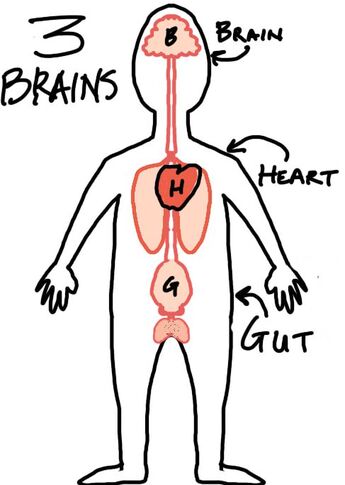
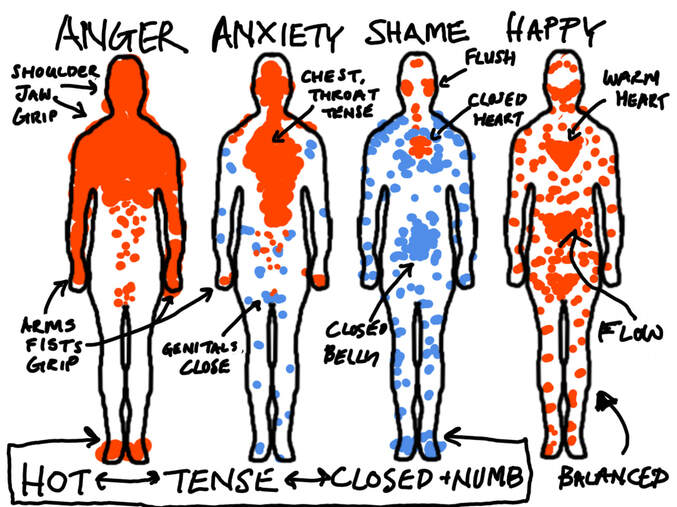
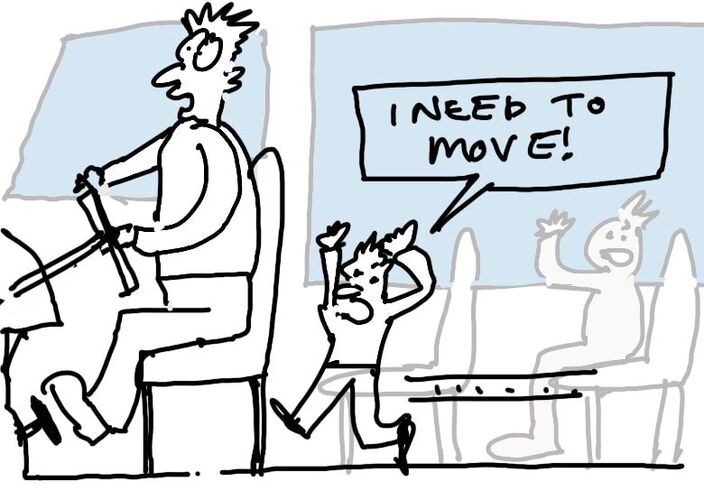
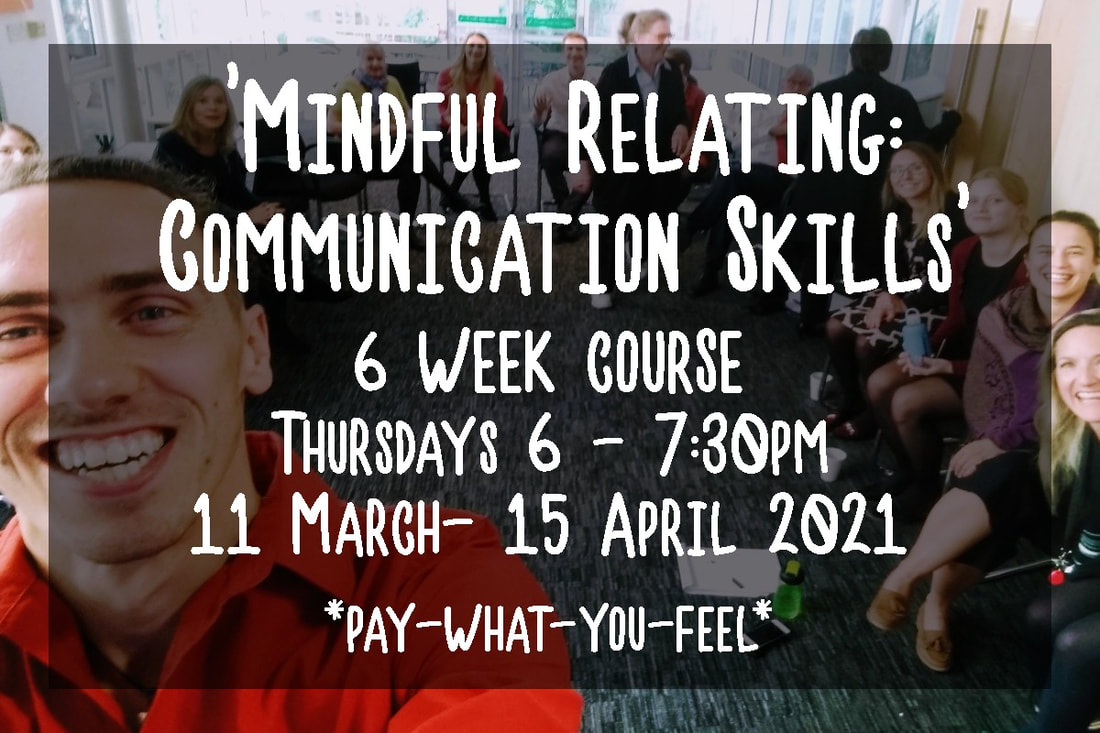
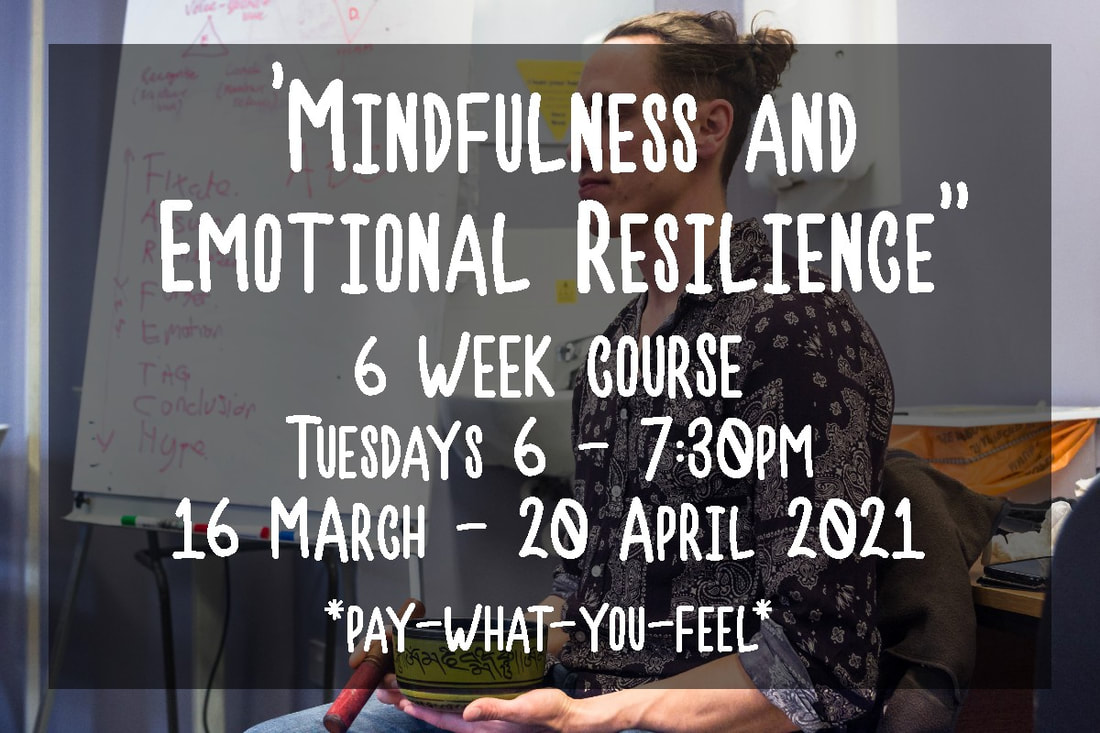
 RSS Feed
RSS Feed